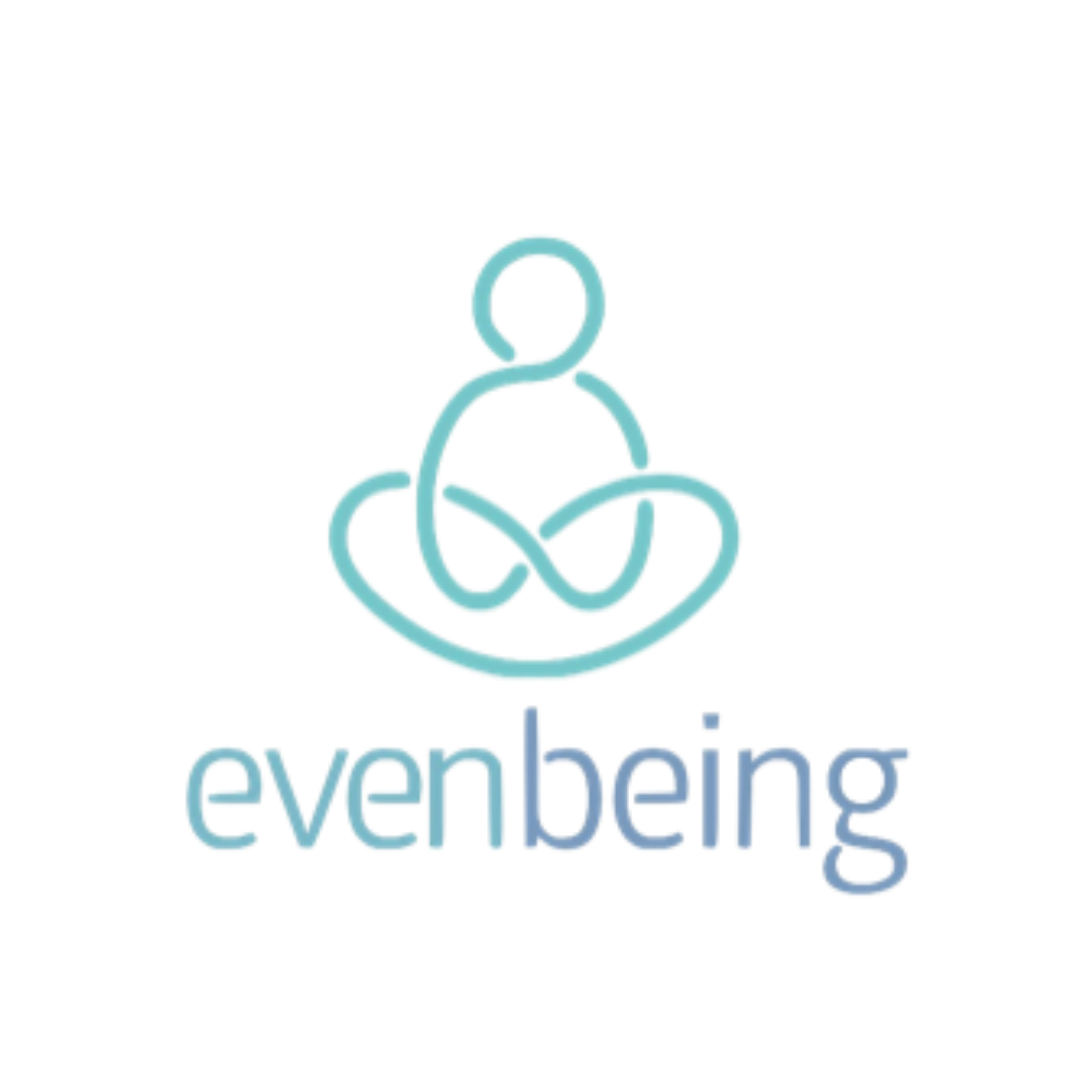The Great Debate
Is the United States becoming more polarized and divided? Are we to the point of no return? Regardless of the election outcome, what’s your answer? I’ve been sitting in the middle of this for some time and have an answer. It depends.
Now I am cognizant this may seem like an easy response; allow me to add my caveat. Moving from a point of divisiveness to various levels of unity requires effort. Effort depends on how we choose to respond to conflict and less so on what an elected official or candidate is saying or not saying.
It’s a challenge for me to watch two adults debating (and there seems to be one broadcast almost every night) who are unable to be respectful, instead pointing out flaws of the other person. Unfortunately, I have behaved similarly, digging in and refusing to consider another perspective. Have you? When that which we are passionate about is disrespected, misunderstood or dismissed, we often react versus respond. Accepting this, I am more equipped to observe debates and engage in discourse with conflicting opinions.
My intention is to ‘do no harm’, the practice of ahimsa, a guiding principle of yogic lifestyle. Ahimsa can also be interpreted as practicing radical kindness, beginning with ourselves.
I intentionally watched three debates recently for the purpose of exercising the mind practice of ahimsa. My level of success varied. At times I could practice compassion and remind myself that “they are just like me.” Other times this was not achieved, and then too, my invitation for self-kindness.
Last week my husband and I sat down to have a difficult conversation. While impromptu it was a topic I had been contemplating for some time. For me to have the conversation required that I approach it with radical kindness for myself and for him. The conversation took us to places we’ve not explored at a depth of honesty that was raw and vulnerable. Had either of us approached the conversation with the intention of trying to change the other, this would have been impossible. It’s not easy. Having conversations with those we are closest is particularly challenging because we know the buttons to push, past behavior, and the baggage we unintentionally bring to the table.
Messy conversations have elements similar to a political debate. Compassion, practicing ahimsa (do no harm) turns the experience from divisiveness towards unity.
A kids debate definition that I recently found included ‘a discussion of issues…’ I like this definition. Can I, can we, can our elected officials and candidates learn anew how to have a discussion without the need to change another’s opinion? Can we truthfully find compromises that serve to bring us together, to care for those in need and to make decisions based on the good of the whole with an eye towards “how will this decision impact seven generations from now”?
So how do you answer the question, ‘can this country come together?’ More importantly, how do you answer the question ‘can I engage in debate in a way that models how I would like to be treated?’ I personally find the latter question humbling, revealing, and an ongoing invitation to recognize the opportunity for radical kindness for me and all, while not compromising foundational beliefs. For moving towards common ground we can become less divisive; if instead we make the choice to remain divided and entrenched in reactions that polarize, we will fail. Compassion promotes unity and understanding. It’s my choice. It’s your choice. It's our choice. And it is not an easy path – yet perhaps it is the only one.

